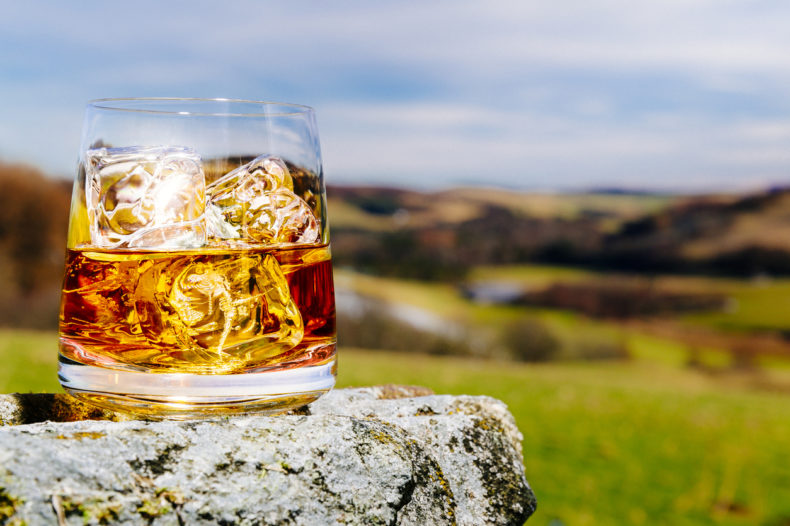What is a geographical indication?
Some products, often food and drink, are synonymous with certain locations for their quality - these can be protected by a unique intellectual property right.

Scotch whisky, Roquefort cheese and Cornish pasties are all known for their quality – they are all also protected as geographical indications (GIs).
It means you cannot sell something as a ‘Scotch’ unless it originates from Scotland and is made a certain way.
A GI designates that a product is of a certain nature, quality and reputation linked to where they are made, or characteristics linked to that place.
To be a GI a sign or word must indicate a product as coming from a certain location and the reputation for quality that comes from that place.
In many cases a GI will contain the name of the place – like Darjeeling tea or Cornish pasties. Sometimes non-geographical words such as Cava or Argan Oil can be GIs, as they are synonymous with certain regions – in these cases, Spain for Cava and Morocco for Argan Oil.
Food and drink-based GIs are the most common, but Swiss watches are an example that breaks this mould.
There are strict rules in place – so unless a pasty is made in Cornwall and to a particular recipe and finish it cannot be called a Cornish pasty.
To be called ‘Scotch’, a whisky must follow strict production and labelling requirements. It must be:
- Matured in Scotland for at least three years
- Made in a certain way with specified ingredients
- Distilled an alcoholic strength of less than 94.8%
- Matured in oak casks of 700 litres or smaller
- At least 40% alcohol strength when finished
Click here for the full list of requirements.
The GI also stops whisky makers who do not follow the strict guidelines from evoking the image of Scotland or Scotch whisky with their drinks.
There are recent cases of using the word ‘Glen’ on whisky or using a picture of a bagpiper to be not compliant with the GI as they have such a close association with Scotland that it might confuse a consumer into believing it was a genuine Scotch whisky.
GIs are common around the world and form part of many trade agreements between counties.
In the UK GIs are looked after by the Department for Environment, Food and Rural Affairs (DEFRA).

